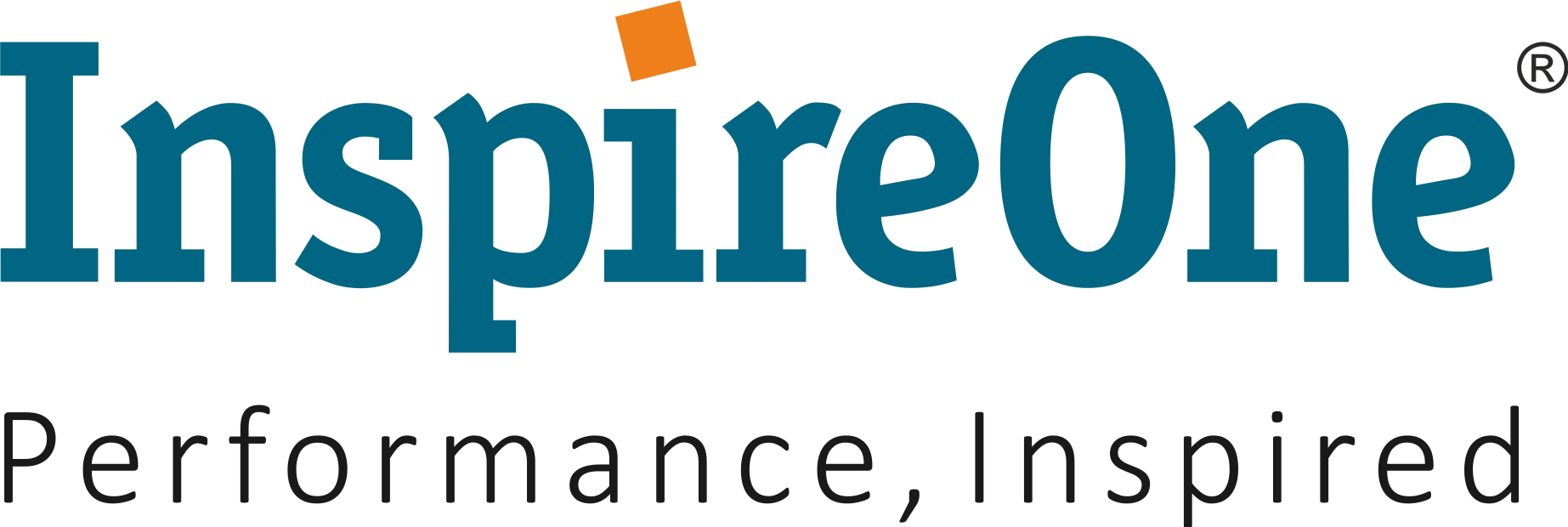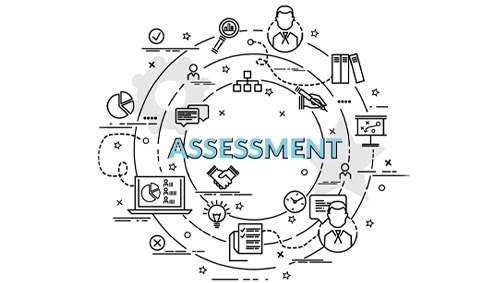Inclusion a hitherto latent cultural and strategic imperative has seen considerable impetus in the recent years.
We can now take heart that the organisations which are the flag bearers will be able to show the business and cultural returns on their investments on building inclusive leadership teams.
So, going to the title of the blog – what is the link of leadership assessments with developing inclusive leaders?
It is said that we tend to ignore the most obvious solutions in our belief that solutions for people related matters must be complex.
Assessments of leaders is one such solution or a significant part of the solution for the objective of building inclusion.
How?
Inclusion at its very core means that we think, operate, relate, take decisions based on multiple data points.
That if we are inclusive, we will be open to all the data points, not just the business-related information and analysis but also:
- Open to views of our colleagues and team members on the matters at hand
- Open to the extent that after a balanced debate we should be able to align to a better view.
- That we will create an environment, processes and display behaviours that encourage diverse data points and views,
All very clear and understood. So, what is the obstacle?
The obstacle lies in the fundamental question “are leaders open to the assessment that others make of them and sometimes even the assessments that they make of themselves?”
Deploying Assessments is not the problem, more and more organisations are using assessments as a base for leadership development. The crux is:
- Whether leaders are open to understanding the view the assessments present.
- Are they only open cognitively?
- Do they just say they are open to the assessment data?
- Or are they open to those views, willing to reflect and change their way of working if warranted?
It is only the last behaviour that is truly inclusive. Assessments should be able to impact leaders to be at level of inclusiveness.
Anais Nin stated,” We do not see things as they are; we see things as we are.”
Being an effective inclusive leader requires an awareness of and openness to how others see us, not necessarily of how we see ourselves.
InspireOne’s approach to assessments is based on building this buy-in with leaders. Its not just what the assessment tools are indicating, it is more about how a leader is going to include the assessment insights in their day-to-day actions, from that point on.
Not after a 3-week reflection, not when they have the time, not when they are mandated to, not because they want to be popular, but because they are open to another view of themselves.
InspireOne uses assessment tools that amalgamate the cutting-edge neuroscience research on human thoughts and behaviours with the fundamental Big 5 framework. Research that indicates that the thought, action, behaviour circuits that we develop over the years can be modified by us, should we be convinced that making that modification will be an enabler for us.
The data and insights from these tools encourage leaders to consider the results without feeling threatened or without defending their self-view.
InspireOne’s leadership assessment strategy includes tools which provide a wholistic view thus making the insights more palatable to the leader, thereby enhancing their readiness to include the assessment insights in their development. The
- Nature (our preferences for leadership roles) The psychometric assessments.
- Nurture (our level of capability on leadership competencies) and the
- Neuroscience research-based principles that enable and encourage change if it is needed for the role being performed.
If this readiness can be achieved, then development agendas for the individual leaders and the organisations will assuredly be met to a larger extent than they are without that readiness.
It is time now for leaders to want to be assessed and initiate their development despite their existing workloads. It is time now that organisations make available assessment strategies and tools that enable leaders to want and initiate development.
It is time now that organisations stop mandating these in the hope that some traction may happen.
And now is the time, that this is possible.







